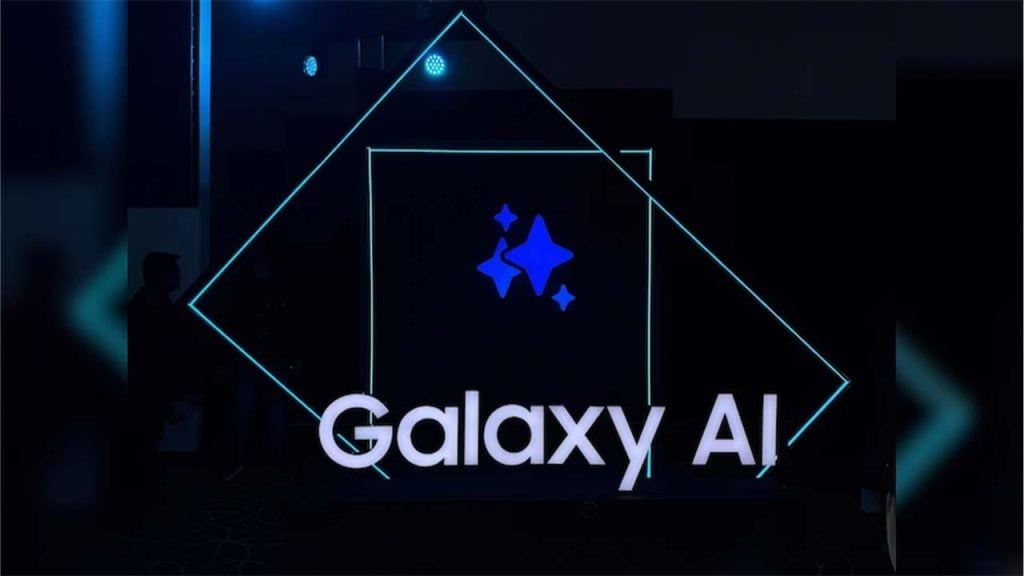
Developer and App Store critic Kosta Eleftheriou has settled his lawsuit with Apple, according to a report from TechCrunch. The suit, filed in March 2021, argued that Apple made it difficult for him to sell his app, Flicktype, on the App Store, after it seemingly lost interest in acquiring the tech.
The lawsuit alleged that Apple used its monopoly power as maker of the iPhone and as the company in charge of the App Store to “crush” developers competing with it through “exploitive fees and selective application of opaque and unreasonable constraints.” Eleftheriou also accused Apple of doing little to stem the tide of copycat scam apps that tricked potential users of his app, a swipe-based keyboard for the Apple Watch. (This was, by the way, right around the time that Apple and Epic were also duking it out in court over how much power the iPhone maker should have over how software is distributed on iOS.)
The lawsuit, which you can read more about here, was dismissed at the request of Eleftheriou’s company, Kpaw, earlier this summer. Apple didn’t immediately respond to The Verge’s request for comment about the settlement.
In an interview with The Verge, Eleftheriou said he wasn’t able to comment on the settlement or his feelings about it. However, he was able to offer some suggestions about what Apple could do to improve the App Store going forward. He said that most of the suggestions my colleague Sean Hollister made last year in his article “Eight things Apple could do to prove it actually cares about App Store users” were still on the table, and would be a start.
From that list, which includes bulking up the App Review team, making sure the top selling apps are on the up-and-up, and automatically refunding people who got scammed, Apple has actually made movement on two items since Eleftheriou filed his lawsuit. For one, it brought back the report button, which could help people who find obviously scammy apps. It’s also made changes to the auto-renew subscriptions system — which both Sean and Eleftheriou suggested should be removed, with users being prompted to renew every time a payment was coming due. Now, Apple will let subscriptions automatically renew even if there was a small price bump. (I didn’t say the company was moving in the direction we’d like to see.)
Eleftheriou also suggested that Apple could be more publicly transparent about why apps were removed. He said that when you visit an App Store URL for an app that’s no longer on the store, it should tell you why it was removed, whether it was because the developer took it down themselves, or because it violated some rule like the ones about fake reviews.
Eleftheriou has famously been finding and pointing out egregious scams on the App Store (something he’s still doing, according to TechCrunch), and he says that this sort of move would help the public get a sense of just how many scams were on the store, and how many get removed. While he doesn’t think Apple would release its own statistics, he says that public pages that say why apps were taken down could be mined for data from companies that monitor the App Store, giving us a rough idea of how prevalent various issues are.
As a user, that sort of info would let me know how careful I need to be while browsing apps. And while on first blush it seems like there’s not a lot of benefit to Apple, it could help the company prove that it’s getting better at stewarding the App Store. As the threat of antitrust regulation mounts, especially around Apple’s role as both the platform owner and the company in control of the store, that could be a valuable thing indeed.
Article From & Read More ( Apple settles lawsuit over its App Store moderation and power - The Verge )https://ift.tt/Ff5qMRO
Technology

No comments:
Post a Comment